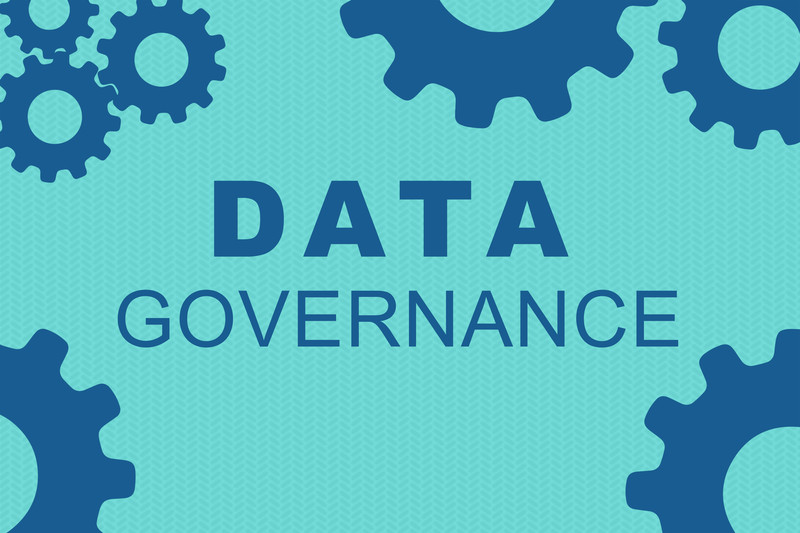The rapid proliferation of big data has transformed the way organizations collect, process, and utilize information. While big data presents numerous opportunities, it also brings along significant challenges related to data governance. In this article, we will delve into the challenges posed by big data and explore potential solutions to maintain effective data governance.
Challenges of Data Governance in the Big Data Era1. Data Volume and Variety: Big data is characterized by its sheer volume and diversity of data types. This makes it challenging for organizations to categorize, organize, and manage data effectively.
2. Data Quality: Ensuring the accuracy, consistency, and reliability of big data is a formidable task. Poor data quality can lead to erroneous insights and decisions.
3. Privacy and Security: The increased scale of data collection raises concerns about data breaches, unauthorized access, and compliance with privacy regulations.
4. Data Lifecycle Management: The data lifecycle in a big data environment involves complex stages, from collection to archiving. Managing this lifecycle while adhering to governance policies is intricate.
Solutions for Effective Data Governance1. Structured Data Governance Framework: Develop a comprehensive data governance framework that defines roles, responsibilities, and processes for managing and protecting data throughout its lifecycle.
2. Data Catalogs: Implement data catalogs to create a centralized repository of metadata that describes data sources, lineage, and usage. This enhances data discoverability and understanding.
3. Data Quality Management: Employ data quality tools to profile, cleanse, and validate incoming data. Regular audits and monitoring ensure data accuracy and reliability.
4. Privacy Measures: Implement encryption, access controls, and anonymization techniques to safeguard sensitive data. Adhere to data protection regulations like GDPR and CCPA.
5. Automated Data Lifecycle: Utilize automation to manage the data lifecycle efficiently, including data retention, archiving, and deletion, while adhering to legal and compliance requirements.
Data governance in the age of big data presents both challenges and opportunities. Organizations that embrace robust data governance practices can leverage the potential of big data while mitigating risks associated with data quality, privacy, and security. By implementing structured frameworks and innovative solutions, businesses can navigate the complexities of big data and ensure that their information assets remain valuable and trustworthy.






